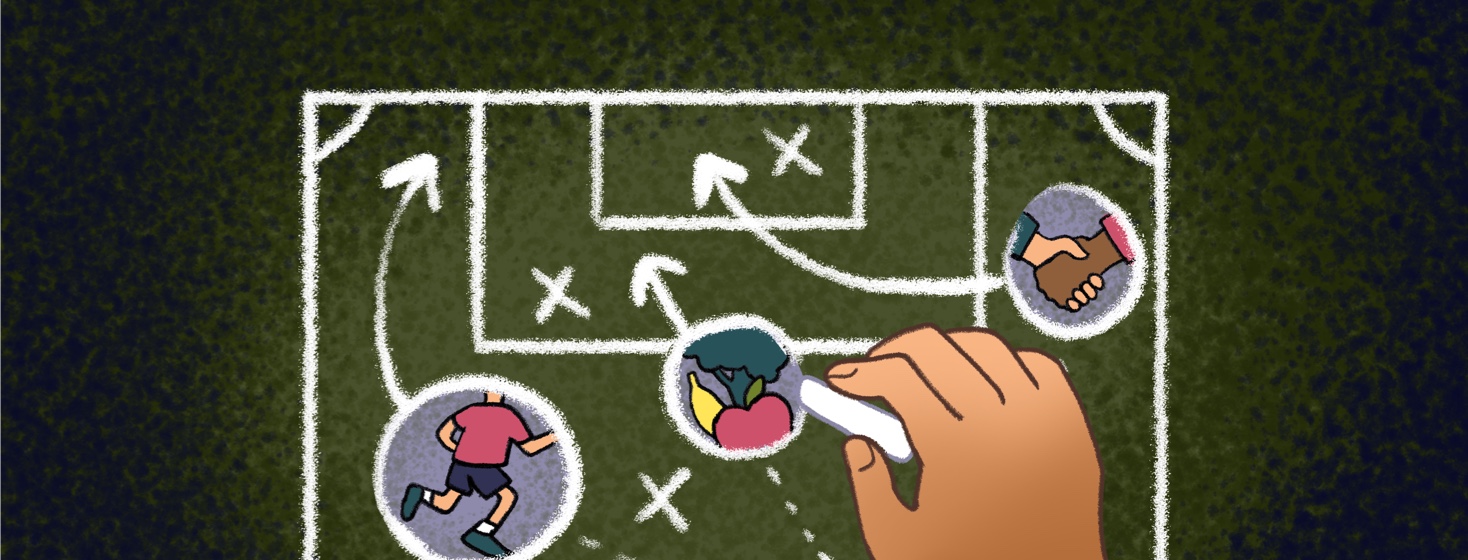A Personal Battle Plan For Stress
Coping with prostate cancer at any stage is not easy.
Some men may experience a form of post-traumatic stress disorder (PTSD) as a result of prostate cancer-related treatments and testing. No matter how you look at it, events like surgery, radiation, ADT, and more put a lot of stress on both your mind and body.
While men undergoing active surveillance initially are relieved to learn they do not need treatment, they soon discover that active surveillance can be a cause of significant stress. Mounting tension combined with repeated biopsies and ongoing PSA testing can produce some form of PTSD.
How can we reduce daily stress?
Trying to overcome serious PTSD is best left in the hands of professionals. With that said, here is what I have found helpful to relieve general stress on a day-to-day basis.
Join a support group
Join a support group and even if you don't feel the need for a support group. These groups can be a great source of information. Personally, I am a member of 2 groups currently. If you are not sure how to locate a group, speak with the social services department at your local hospital, or ask your physician about support groups in the area.
Rethink our lifestyle
Consider making some lifestyle changes. I have found that making such changes is helpful for both my overall health improvement and mental state. Making some positive changes makes me feel as if I can control something in my life when it comes to my health.
A speaker suggested to us that vigorous exercise may have a positive impact on slowing the spread of prostate cancer. He noted there have been a few observational studies that indicate that a healthy diet, combined with exercise and weight control, may help some prostate cancer patients.1
Diet can make a difference
A question I hear often is: “Should I change my diet?” I have made personal changes to my consumption patterns, and some research has suggested a healthy diet may lower the risk of recurrence or boost survival odds.2
Benefits of exercise
It is generally held that an overall exercise program can relieve stress and help slow the risk of developing some deadly health problems, ranging from heart disease, strokes, and certain types of cancers. There are men in our group who believe exercise has helped them.
Tell us what helps you manage stress
So, there you have it. These are the things that I have focused on when it comes to dealing with my stress and prostate cancer on a daily basis. Feel free to pick what might be of interest, and let me know if you have additional suggestions in the comments.

Join the conversation